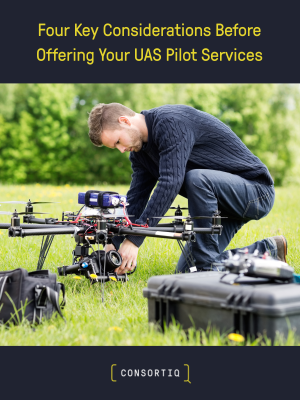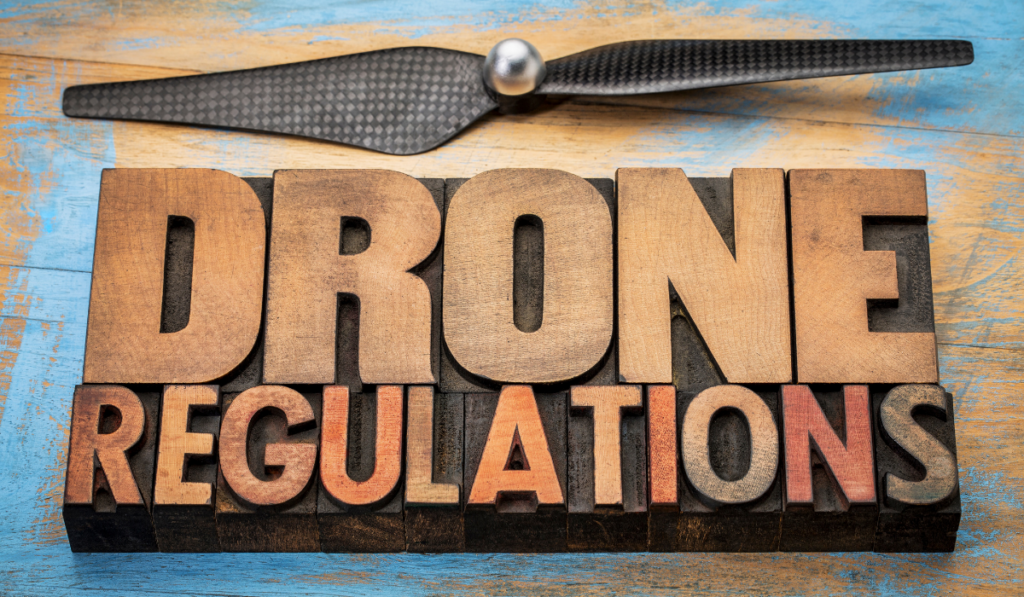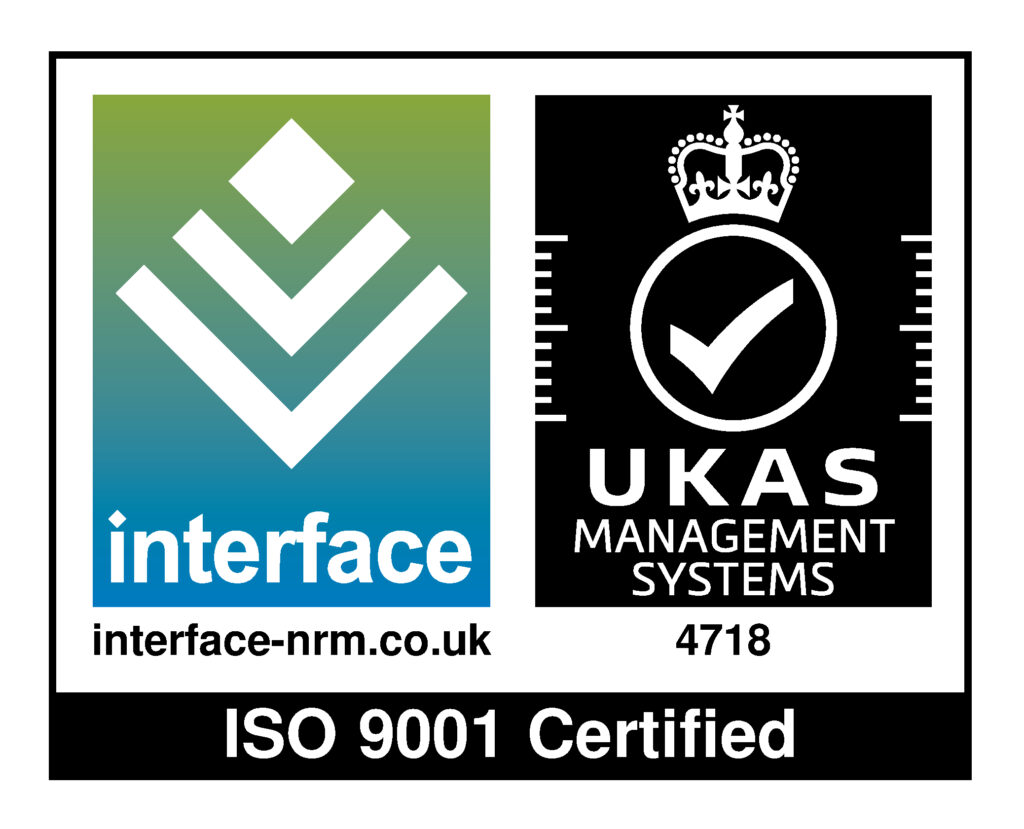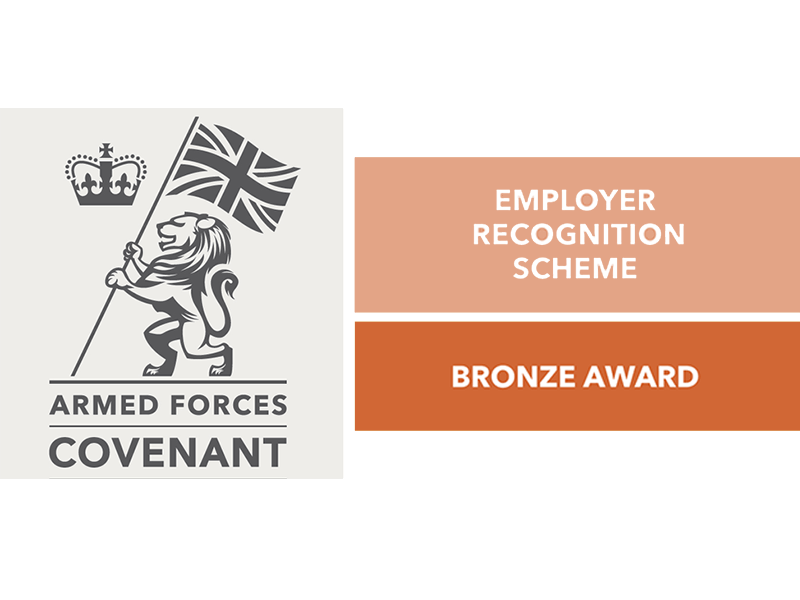Hiring Drone Subcontractors? Keep This In Mind
Ready to reap the benefits drones provide for your business, but not ready to make a heavy investment in training & purchasing a high-end UAV? If so, then hiring drone subcontractors to do the work for you could be the solution.
While drones provide some incredible capabilities, safety features, and cost benefits, not everyone needs to keep full-time pilots on the payroll. In some cases, even part-time pilots may be a bit too much.
Maybe you’ve even thought about hiring third-party drone subcontractors, but you just don’t know where to start.
Do you need to know what drone you need? How do you know if the pilots you hire are qualified and safe? Are they any rules and regulations you need to know about, or will your hired operators know what to do?
There are many considerations, from regulatory issues to knowing what drones can and can’t do. It’s all a bit daunting, especially if you’re unfamiliar with the industry.
Don’t worry. You’ve got this. And, it’s not as challenging as you might think.
The good news is that most drone pilots who offer their services are truly safe and professional. With a little effort, working with third-party drone operators can be an enjoyable and beneficial partnership.
Let’s review a few considerations that make hiring drone subcontractors & working with these professionals easier.
Understanding Regulations
First off, drone regulations can vary widely from country to country.
Different states and territories can have unique drone legislation even within the same county. Sifting through all these drone regulations can become a bit confusing.
After all, who hasn’t read legislation seemingly written in some forgotten, needlessly-complex version of the language you thought you knew?
Thankfully, there are experts in the field always available to help you answer any questions you have. But, if you want a head start, one of the best places search is your given country’s entity responsible for controlling the national airspace.
For example, in the United States, the Federal Aviation Administration (FAA) is the governing body. Drones are rapidly becoming a fixture in this national airspace, with over 300,000 commercial drones registered to date.
If you want to learn some of the regulations your third-party drone subcontractors must operate under in the US, start with the FAA Drone website. There, you’ll find numerous helpful resources and toolkits for understanding UAV regulations.
In the United Kingdom, the drone industry is also experiencing tremendous growth.
In the UK, the Civil Aviation Authority (CAA) remains the governing body for national airspace. Like the FAA site, the CAA offers plenty of information for pilots and the general public.
For instant, the Information for the Public about UAS and Drones section is an excellent place to start for understanding drone regulations. There, you’ll find information on the many uses of drones, from recreation to commercial operations.
Additionally, most other areas of the world have similar government sites.
However, if you’re just hiring drone subcontractors, you won’t need to know most of the details.
In general, you can expect professionals to be very familiar with these regulations. After all, their reputations are at risk; they wouldn’t offer services in your area if they weren’t familiar with the regulations. At least, not if they want to remain in business.
Remember, you can always ask them to review applicable rules they’ll need to follow. Quality candidates can answer without any hesitation.
Identifying Credentials in the US When Hiring Drone Subcontractors
Many countries require commercial drone operators to maintain special licenses or certifications. As such, verifying these credentials is one of the first things you should do when hiring drone subcontractors.
For example, if you’re operating within the United States, the primary certification to look for is the Part 107 Remote Pilot Certificate.
Qualified individuals are granted a Part 107 license upon passing an aeronautical knowledge exam. Interestingly, there’s no requirement to prove you can fly a drone. (That being said, it doesn’t mean they aren’t qualified – it’s simply not part of the exam.)
Pilots should be able to show you an FAA card with their certificate number on it. This certification remains valid for two years after the issue date.
After two years, the pilot must recertify. Typically, the pilot receives a letter with the new certification date upon passing the recertification exam.
The key thing to take away from this is when outsourcing your drone operation within the US, all commercial operators must have a valid Part 107, or the flight is illegal.
Hiring Drone Subcontractors in the UK
While the US only requires a single certification – the Part 107 Remote Pilot Certificate – the United Kingdom maintains three certifications possible for drone pilots to possess.
Before December 31, 2020, pilots performing commercial operations needed a Permission for Commercial Operations (PfCO) issued by the CAA. Since December 31, 2020, pilots technically do not need permission to fly commercially. Without CAA permission, however, their drone operations are significantly limited.
For this reason, most pilots find it necessary to have either a grandfathered in PfCO, a General Visual Line of Sight Certificate (GVC), or an A2 Certificate of Competency (A2 CofC). (Check out the video below for a breakdown of these two certificates!)
Many pilots find the A2 CofC the best for them, as it allows for flying in the open category.
When hiring drone subcontractors, you’ll want to ensure they can answer the questions you have regarding which category your mission requires. If they can’t explain it, you’ll probably want to consider moving to another.
Ensuring drone pilots have the proper certifications is easy and should be the first step in hiring any drone pilot.
Additionally, no matter where your operations occur, it never hurts to ask the pilot if they carry insurance.
Best Practices
As someone hiring third-party subcontractors, it would be best to see yourself as the accountable manager. With that in mind, a few best practices will help make your operations with outside drone pilots a success.
First, conduct a self-inventory.
During this process, assess your understanding of drone regulations and how you plan to handle working with a third-party subcontractor.
What are your responsibilities? What are the pilot’s responsibilities? If you identify any areas that need strengthening, create an action plan to shore up these aspects of your operation.
Remember, your action plan should identify specific and achievable steps to take. The plan should also determine who’s responsible for taking those steps, the time to complete each step, and the deliverable.
Developing an operations manual is another good practice.
Your manual should cover standard operating procedures, roles and responsibilities, reporting methods, and identifying a risk management system. Two excellent tools for accessing and mitigating risk are risk matrixes and ALARP.
Finally, take some time to familiarize yourself with drones and their capabilities, even if you’re not planning on flying them.
UAVs come in all shapes and sizes. The cameras they carry can drastically change the use cases for each platform. For example, if you need to do thermal roof inspections, flying a drone without an IR camera won’t provide the data you want.
Manufacturers’ websites have a wealth of information on drones and drone capabilities. If possible, ask your drone pilot in advance what they fly, and do some research on it. The time you invest will be minimal, and you’ll be much more prepared to work with your drone pilot.
The Key Takeaways
Sure, for some businesses, it makes sense to have a licensed, practicing drone pilot on staff, along with fielding the necessary equipment. If you’re operation requires gathering data on a continual, it’s well worth the time and money spent.
But, for others, building an in-house drone program just isn’t necessary. In fact, the costs involved with time, training, and equipment just don’t make sense.
In that case, you’ll want to outsource the operations. Fortunately, hiring drone subcontractors is usually a fairly straight-forward task.
With proper planning and research, you can vet drone pilots and benefit from UAV capabilities with ease, all without changing your internal structures.
At Consortiq, we help you find a better way to manage your business through the use of drones. Whether you’re looking to outsource a project to professionals, need help creating an in-house drone program, or simply aren’t sure where to start, we’re here to help.
Simply contact us using the form below, and we’ll be happy to answer questions and get you started on the path to success!
Are you ready to find your better way?

David Daly - Contributing Author
David Daly, is an award-winning photographer/writer and licensed (FAA) Commercial sUAS pilot. A graduate of the United States Naval Academy, David is a former Marine Corps officer with a BS in Oceanography and has earned his MBA from the University of Redlands. David has worked for Fortune 100 companies and has a background in aerospace, construction, military/defense, real estate, and technology.




